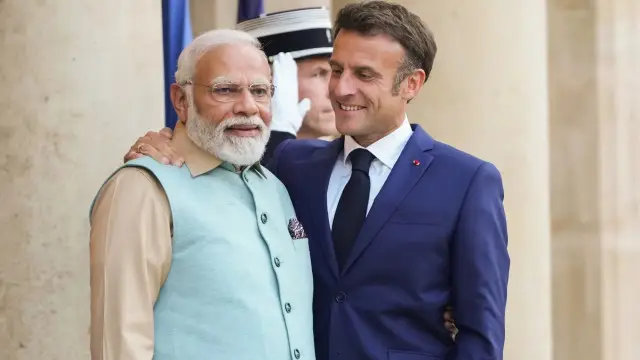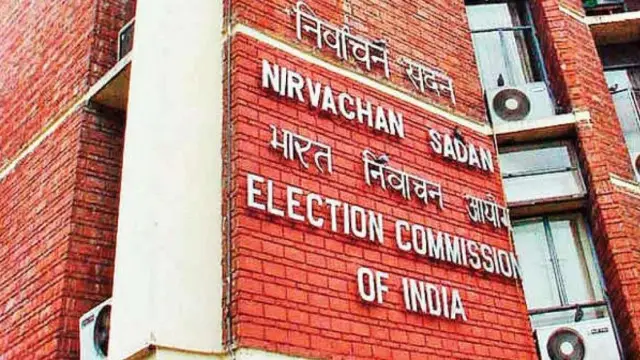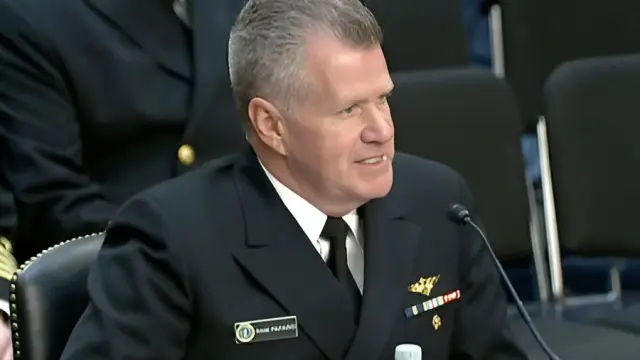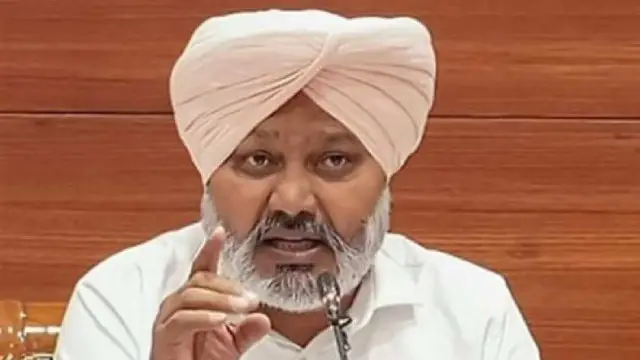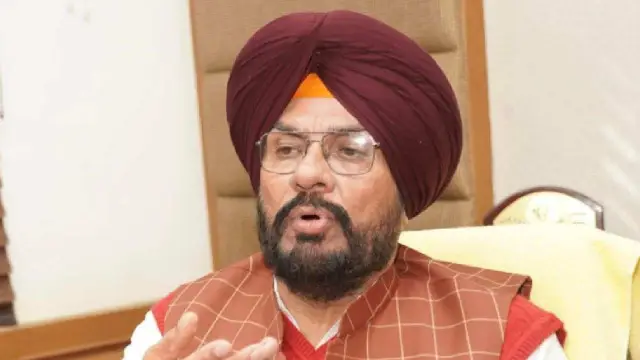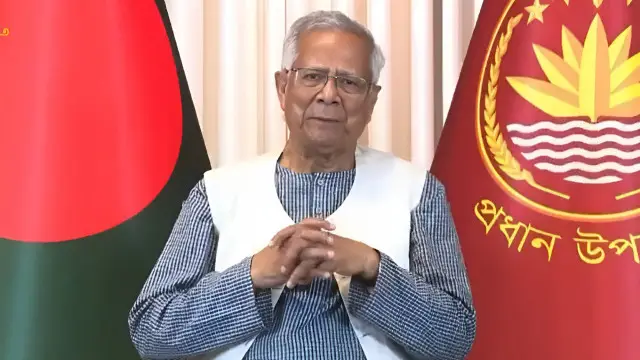India Stands Firm: Rejects SCO Declaration Over Terrorism Silence
The Pahalgam terror attack has galvanized India into a vocal advocate against terrorism, with the issue taking center stage in its diplomatic efforts.

A deadly terror attack in Pahalgam, Jammu and Kashmir, claimed the lives of two soldiers and a civilian, jolting India into action. As the nation mourns, it has become increasingly vocal about combating terrorism, both domestically and on the global stage. The incident, carried out by suspected militants, has reignited concerns over cross-border terrorism.
Raising the Global Alarm
India has seized the moment to highlight terrorism at international forums, urging the world to acknowledge its severity. External Affairs Minister S Jaishankar has been at the forefront, emphasizing the need for collective action against terror networks. The Pahalgam attack, following a series of similar incidents, has strengthened India’s resolve to ensure terrorism remains a priority in global dialogues, with leaders pressing for stronger counter-terrorism measures during bilateral and multilateral engagements.
Stance at the SCO Meeting
The issue came to a head during the SCO Defence Ministers' meeting in China, where India refused to sign the joint declaration scheduled for release today, June 26, 2025. The draft, prepared by the host nation, conspicuously avoided any mention of terrorism, a glaring omission given the regional security threats. India’s delegation, led by Defence Minister Rajnath Singh, objected firmly, arguing that ignoring terrorism undermines the SCO’s credibility.
#WATCH | Qingdao, China | At the SCO Defence Ministers' meeting, Defence Minister Rajnath Singh says, "Any acts of terrorism are criminal and unjustifiable regardless of their motivation whenever, wherever and by whom-so-ever committed. SCO members must condemn this evil… pic.twitter.com/62cdoXbKri
— ANI (@ANI) June 26, 2025
India Rejects SCO Declaration Over Silence on Terrorism
India’s decision has sparked discussions among SCO members, with some supporting its stance while others remain silent. The move is likely to influence future summits, pushing for a revised agenda that includes counter-terrorism strategies. At home, the government has intensified security operations in Kashmir, while diplomatically, India aims to rally support from nations facing similar threats. As the day progresses, all eyes are on how this stand will shape India’s role in global security discussions, reinforcing its zero-tolerance policy against terrorism.




